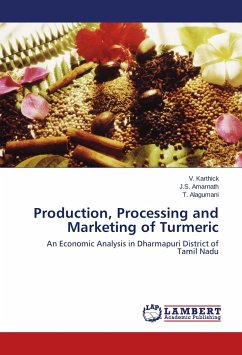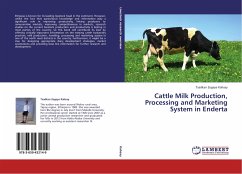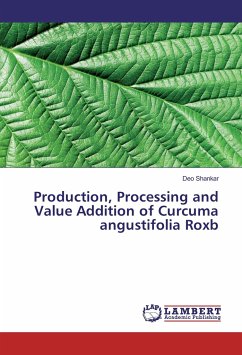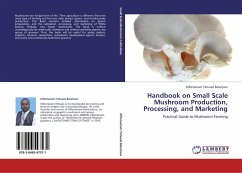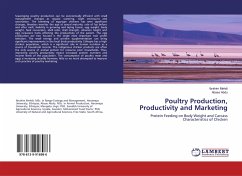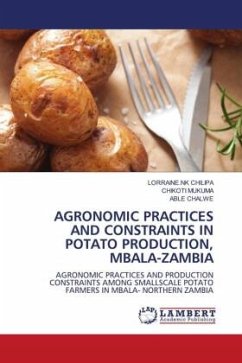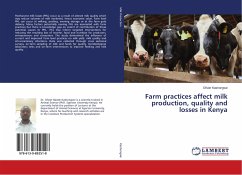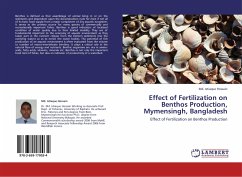Turmeric (Curcuma longa) is an important commercial spice crop grown in India and it is named as "Indian saffron". India accounted for 78 per cent of the global turmeric production. The increasing demand for natural product as food additives makes turmeric as a food colourant. India is a dominant player in the global market as far as turmeric is concerned. In view of the economic importance of turmeric the present study was taken up in Tamil Nadu. From this study, the following conclusions are drawn. The economic efficiency analysis of turmeric cultivation revealed that there was a scope to increase the yield by increasing significant inputs. Financial feasibility analysis revealed that there is a scope for starting a rural turmeric processing unit. Four types of marketing channels were identified and price spread were estimated. The most important constraints identified by the turmeric growers in production of turmeric were non availability of labour. Higher price fluctuation was the marketing constraints expressed by the sample farmers. The lack of storage facility was the most important problems faced by the intermediaries.
Bitte wählen Sie Ihr Anliegen aus.
Rechnungen
Retourenschein anfordern
Bestellstatus
Storno

